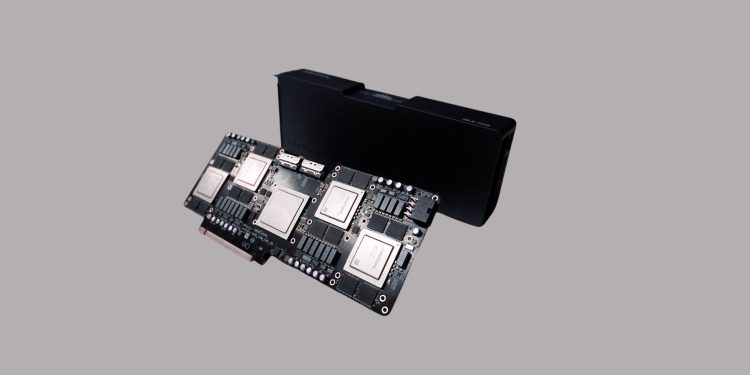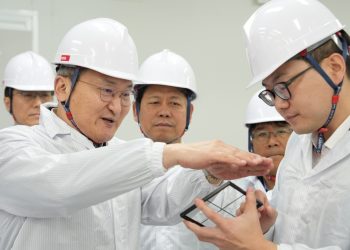SK Telecom is partnering with local AI chip startup Rebellions to test its neural processing unit (NPU) technology across key AI services, marking a major step toward building a self-sufficient AI infrastructure in South Korea.
The trials involve Rebellions’ ATOM chip, a data center-focused NPU designed to accelerate AI workloads, which is currently being evaluated for integration into SKT’s in-house large language model (LLM) services.
The ATOM chip is being piloted in several applications, including call summarization with SKT’s AI assistant A., spam detection and financial assistant features on the PASS platform, and even AI-based veterinary diagnostics through the X Caliber service. Based on the results, SK Telecom aims to adopt a more advanced version, ATOM Max—optimized for large-scale AI inference—by the end of the year.
Based on the ongoing pilot, SK Telecom aims to introduce ATOM-Max—Rebellions’ next-generation AI chip optimized for large-scale inference—into commercial services later this year. This upgraded chip is designed to handle intensive AI tasks more efficiently, offering a competitive alternative to conventional GPUs in terms of speed and cost. If successful, the deployment could provide a major performance boost to SKT’s AI offerings.
The telecom giant also plans to gradually expand the use of Rebellions’ NPU-powered servers across more services, depending on the test results.
A key highlight of this project is the integration of Rebellions’ AI chips with SK Telecom’s large language model (LLM), A.X. In particular, the AI assistant A.’s call summarization feature, powered by A.X 4.0, is considered one of the most advanced models for Korean-language understanding. By running this LLM on a domestic NPU, SKT would achieve what is often referred to as “sovereign AI”—the ability to operate an AI stack fully developed and maintained within the country.
SK Telecom sees this collaboration as more than just a technical partnership. “In an era of fierce global AI competition, self-reliance in areas like AI chips, LLMs, and data centers is critical to national competitiveness,” said Lee Sang-min, head of SK Telecom’s access network development team. The company intends to continue investing in domestic AI technologies to strengthen Korea’s position in the global AI race.
Rebellion CEO Park Sung-Hyun echoed this sentiment, stating that the partnership is a meaningful step toward establishing Korea as a leading AI powerhouse. He added that Rebellions is committed to delivering stable and energy-efficient infrastructure that supports the country’s AI ambitions. By applying domestic AI semiconductors to real-world services, the two companies are laying the groundwork for a truly independent AI ecosystem in Korea.
Looking ahead, SK Telecom and Rebellions plan to strengthen their collaboration and expand the use of locally developed AI technologies, including chips and supporting infrastructure.
SK Telecom has been actively reshaping its business to support this vision. In 2023, the company reorganized into seven core divisions, with a major focus on AI, including units such as AI Transformation (AIX), AI data centers (AIDC), and its personal AI assistant, A. (A-Dot).
It has also invested in global players like Lambda and partnered with Penguin Solutions to boost its AI data center capabilities. Notably, the launch of the Gasan AI data center and the rollout of ‘SKT GPUaaS’ reflect the telco’s commitment to scaling AI infrastructure both at home and abroad.







